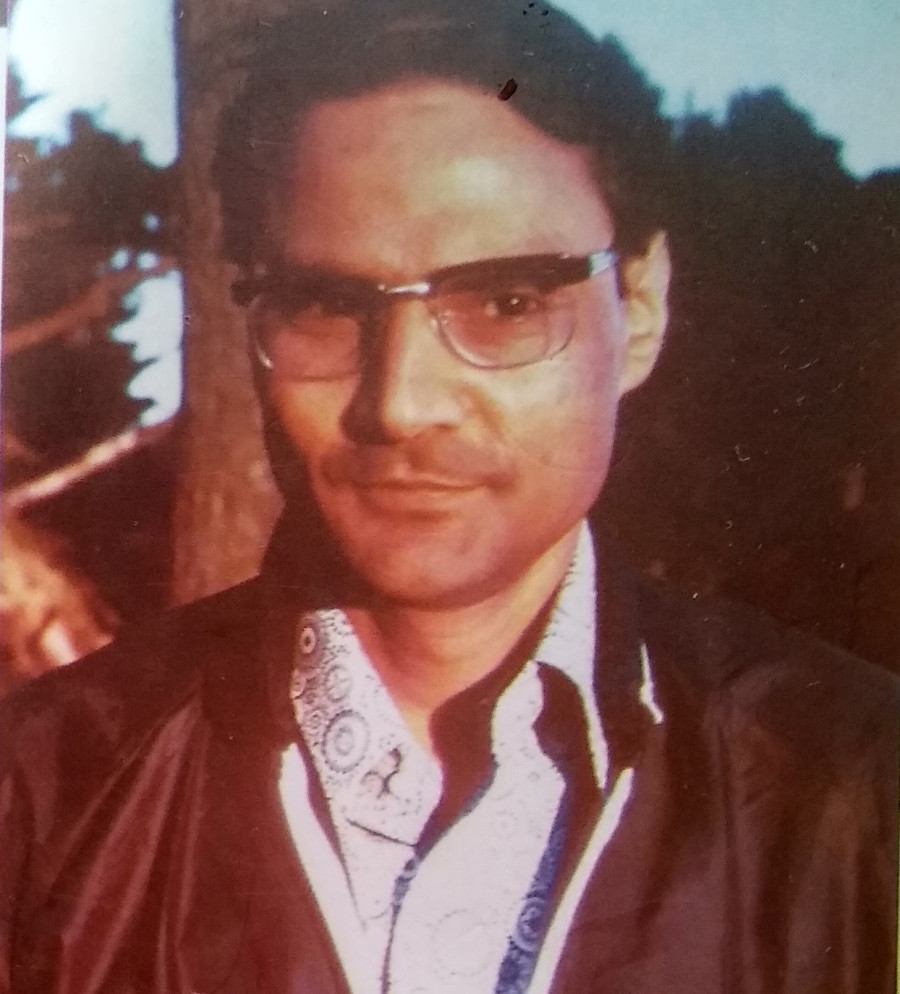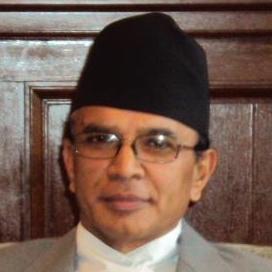Books
Govinda Prasad Lohani’s final book is an exemplary literary initiative
The intrinsic message of the stories covered in the book truly depict what can be called progressive and leftist ideology that attracted the veteran writer and thinker at an impressionable age.
Madan Kumar Bhattarai
Govinda Prasad Lohani recently published ‘Netritwako Bhok Ra Anya Kath’, which can be loosely translated as ‘hunger for leadership and other stories’. The book, which includes stories that the prolific author wrote six to seven decades ago, is divided into two parts. The first portion with a collection of eight essays is a reprint of the book he wrote way back in 1953. The subsequent part also has eight stories that have come out in various magazines from 1952 to 1962.
The book is jointly dedicated to the late Buddhi Prakash Pandey and his better half, the late Ruchilabala Devi Lohani. Late Pandey is known to have inculcated various attributes to the author in the form of acquisitions of diverse strands of Marxism, materialism, literature, international politics and modern philosophy. Friends often refer Lohani as a pragmatic economist or practical Marxist interested in actual output rather than harping merely on ideological jargons.
On behalf of publishers, his son, Kapil Lohani, who has inherited strong traits of both economics and story-writing from his illustrious father, has given highlights of the life of his father, who was one of the founding members of Nepal’s central bank. Lohani also served, with acclaim and dedication, the National Planning Commission as a member.
A cursory reading of the book shows readers the multiple facets of the writer. The intrinsic message of the stories covered in Lohani’s book truly depict what can be called progressive and leftist ideology that attracted the veteran writer and thinker since his childhood days and his habitual preference for candid and straight-forward response to all exigencies in life including hard life of the people of Nepal, with even a shred of romanticism. An assessment from this single book alone proves how difficult it is to rightly fathom the depth and extent of knowledge that the voracious reader and prolific writer has acquired during his long life.
In its essence, the stories covered in the book portray the life of the toiling masses of Nepal who have great difficulty in having two square meals a day, not to speak of other achievements or goals in the context of acute rich-poor divide pervading our society. It hints at our gross mismanagement, political, administrative and managerial, in terms of optimum utilisation of our scarce resources. The book scathingly attacks consumerism as the source of many evils. It mocks political leaders with a virtual punch in the face for their alleged duplicity, dishonesty and deceptiveness.
The book also passes strong strictures against prevailing gender discrimination in the days he wrote these stories. While we can safely say that there are improvements, it is still a long way to go before we can ensure gender equality in both theory and practice.
Imbued with a strong will-power and determination with no paucity of friends and detractors, Lohani is a one-man institution incorporating various enviable facets like a brilliant student of Banaras Hindu University, seasoned economist, Marxist thinker, senior planner, banker, administrator, ambassador, and, above all, a prolific writer.
While readers may have different opinions on both the contents and context of the publication of these stories of yesteryears, the sheer zeal shown by the writer is admirable. While we may have differences on the approach of the author or his prescriptions for resolution of evils and malaises that have hit society, there is absolutely no doubt that the author has done his best to share his knowledge with readers in the form of the book.
Sadly, soon after the publication of this book, Lohani passed away at the age of 93. Lohani was a storehouse of knowledge and had published many articles in the past covering both hard facts of economics to lighter issues of travelogues, we hope that these are appropriately compiled and brought out in the form of books for the benefit of the younger generation. There is absolutely no doubt that he was a top-notch intellectual—one that makes the world a little lesser now that he is gone.
———————————————————————
Netritwako Bhok Ra Anya Katha
Govinda Prasad Lohani
Publisher: Kripa Publication House
Pages: 143
Price: Rs 250




 22.11°C Kathmandu
22.11°C Kathmandu










